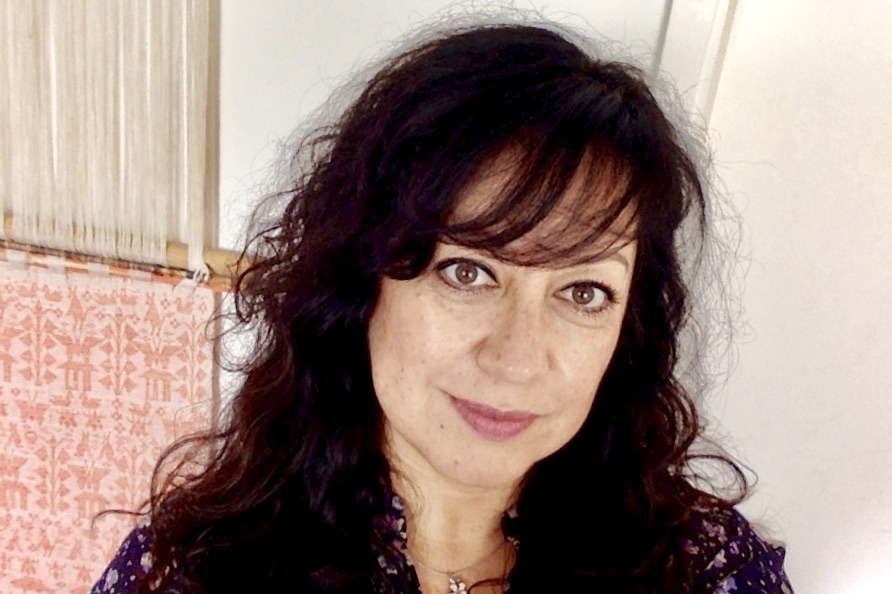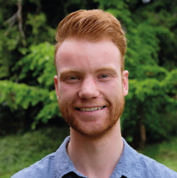Modern Languages

(She, her, ella)
Associate Professor, Modern Languages
Modern Languages
Abbotsford campus, D3018
Phone: 604.504.7441, local 4054
email María Eugenia WebsiteMaría Eugenia de Luna holds a PhD. in Hispanic Studies from Western University (2011), an MA in Applied Linguistics (2007), and a BA in Communication Sciences (1990) from Universidad de las Américas Puebla (UDLAP). In 2006 she was awarded the North American Grant Mobility Program between UDLAP and the University of Manitoba. That same year, she was a Graduate Fellow/Visiting Scholar for the Transnational Literacy Researchers Work Group in the Center for the Americas at Vanderbilt University. Before coming to UFV, Dr. de Luna worked in other universities in Hong Kong, Canada, and the United States, teaching Spanish as a Foreign Language. As an active community member, Dr. de Luna has been involved in community service learning initiatives, as well as an outreach program as the coordinator of an Access to University program for non-traditional learners.
One of my passions in life is teaching. For me, it is very important to know that I am part of my students’ adventure of learning at the university level. I take my contribution to their personal and intellectual growth very seriously, which, in turn, helps them to meet present and future challenges. As a result, I am committed to constantly improving my pedagogical practices by rethinking better ways to engage students with the content of my courses. I am interested in understanding what students are learning and how we can help them learn more effectively. I believe in creating inclusive and engaging learning opportunities for students inside and outside the classroom that incorporate Indigenous ways of knowing, universal design, and student-centred pedagogies.
TEACHING INTERESTS
COURSES TAUGHT
I investigate how language influences social participation, with a focus on linguistic diversity, language policy, and the intersections between migration, language learning, and social justice. My research examines how linguistic landscapes, access to language education, and language ideologies shape cultural identity, inclusion, and equity in diverse communities, particularly in small Canadian cities. I have also explored the experiences of migrant agricultural workers from Latin America, studying how language barriers and access to education affect their integration, rights, and participation, and I continue to build on this work through new projects that amplify marginalized voices.
In the field of Spanish as a Foreign Language, I combine linguistic, cultural, and sociolinguistic perspectives to create inclusive, student-centred learning environments. My approach integrates innovative materials, multimodal resources, and technology-enhanced learning with decolonizing, Indigenizing, and equity-driven pedagogies. I explore alternative and equitable assessment methods—such as social media kits, podcasts, zines, and oral storytelling—and design experiential and community-based learning opportunities that connect students with Hispanic communities locally and internationally. These initiatives bridge classroom learning and real-world contexts, encouraging learners to engage critically with language, identity, and power while embracing diverse cultural perspectives.

"In my first year I realized that my passion was with French and it was something that was super enjoyable. I wasn't fluent to begin so it was a lot of work and effort but at the same time it was very rewarding. It opened my eyes to a new culture and a new way of life.